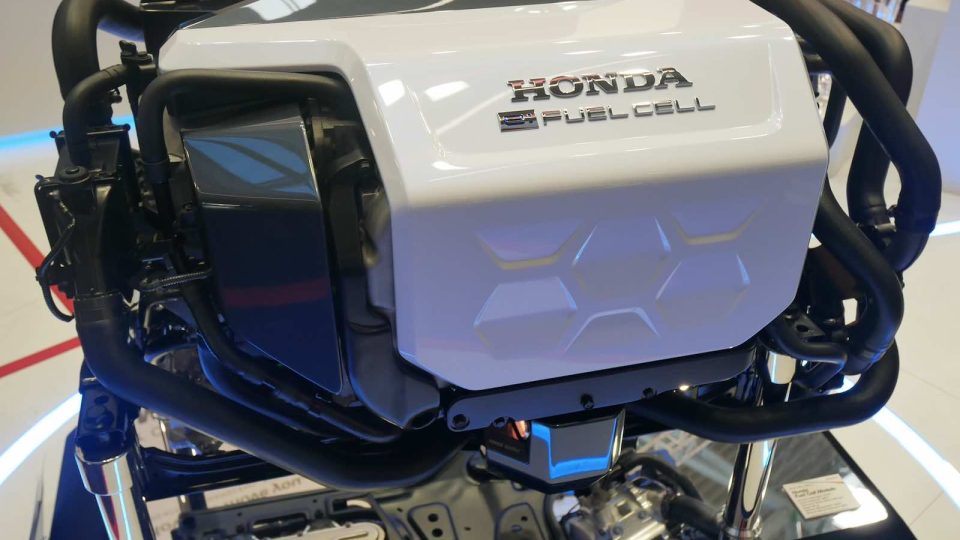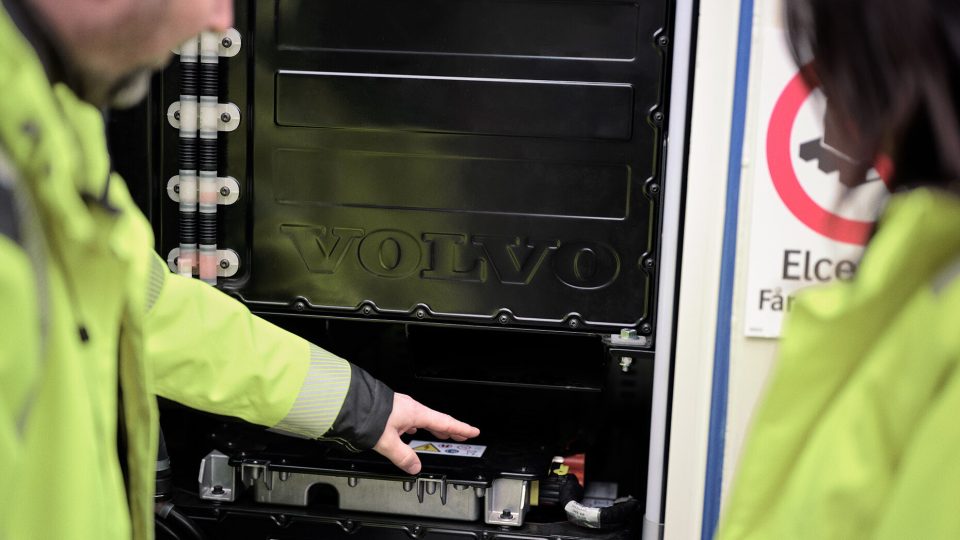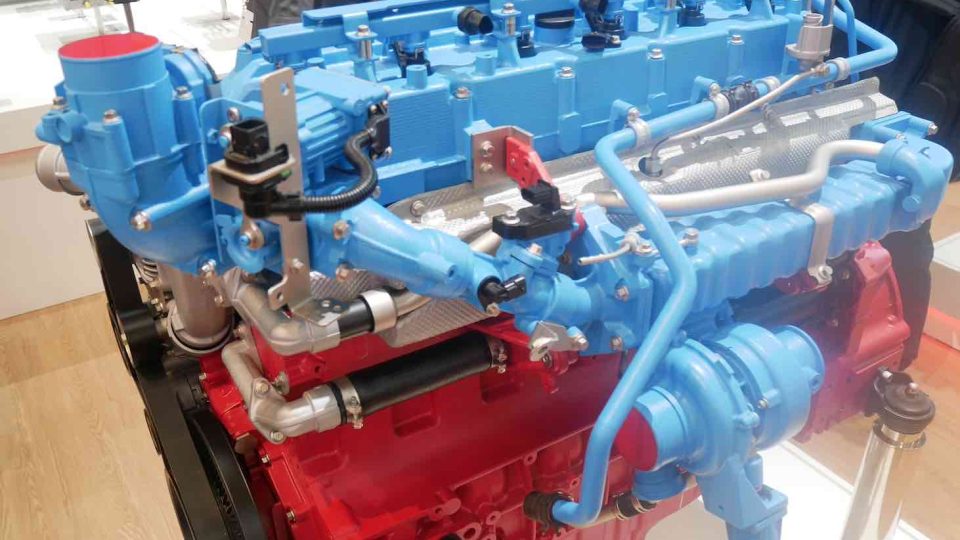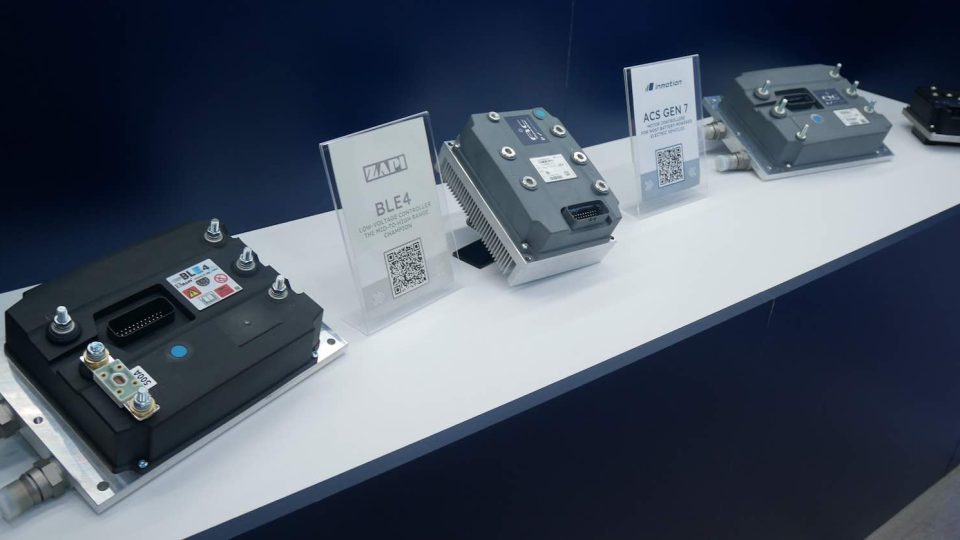Allison is the TCO winner…
A three-year study with a refuse fleet has shown a 2% reduction in TCO with the Allison fully automatic transmission compared to an automated manual transmission
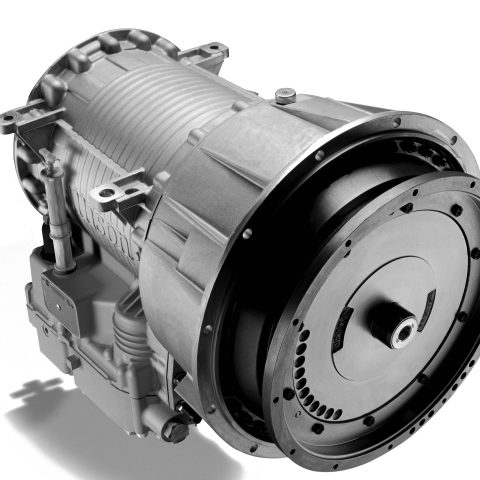
A year has passed since Allison completed a three-year customer study to calculate TCO, and the results are more relevant than ever in light of the global economy.
Allison emphasis on TCO: A case study in Paris
Operating data was collected over 12 months and maintenance data over 3 years, for 19 waste collection vehicles in the Poly-Environnement fleet of the Derichebourg group. This customer study made it possible to calculate the TCO of vehicles using an Allison fully automatic transmission or an automated manual transmission (AMT) for their entire operating life (7 years. Based on the study’s findings, Allison fully automatic transmissions reduce calculated TCO by 2% compared to the AMT solution, despite the much more severe duty cycle of the Allison-equipped trucks. The trucks stop-start duty cycles included more than 1,100 bin pick-ups per day. The difference in TCO lies in the advantages of Allison transmissions, including significantly lower maintenance costs and maximum uptime, while controlling fuel consumption.
The purpose of the study was to define the impact of the Allison fully automatic transmission on the TCO of a fleet, compared to an automated manual transmission. In order for refuse fleets to make the best decisions, a full TCO was calculated to make the most comprehensive comparison for return on investment when purchasing a refuse truck. The TCO calculation does not include other advantages for a fleet – which are less easy to evaluate – such as ease of operation resulting in reduced driver turn over, a smoother ride for the driver and crew on the back, more precise truck control and maneuverability in narrow city streets resulting in “less broken truck mirrors”, and increased productivity by loading more weight in a single job shift. Allison Transmission carried out this large-scale TCO study in partnership with the Poly-Environment fleet of the Derichebourg group, a global operator of international services for the environment, businesses and communities, present in 10 countries with more than 42,000 employees.
The Poly-Environnement point of view
“We equip most of our refuse collection vehicles with Allison transmissions. They bring advantages of handling, reliability and performance. As the owner of a large fleet, we also wanted to precisely know their economic impact. An especially important point for Poly-Environnement is the possibility that external electrification equipment can be plugged into the PTO (power take-off) pad of the Allison product. This external system drastically reduces greenhouse gas emissions during body use,” said Emmanuel Brun, Deputy Managing Director of Poly-Environnement.
The study area was centered around the northern suburbs of Paris, France, an area of more than 250,000 inhabitants. Nineteen vehicles, seven with an Allison fully automatic transmission and 12 with an AMT, were tracked. They had been operating in this area for 28 months before this study. For 12 months all the standard data of Poly-Environment (more than 9,600 shifts) were compiled.
“The results guarantee total neutrality because the routes associated with vehicles and usual drivers have not been modified. For maintenance, we were able to collect 40 months (including 28 months before the study) of real data,” said Michel Dos Anjos, Technical Manager of Poly-Environment.
This field study is based on a fleet with real activity – strictly identical bodies, vehicles of the same age, but of different brands, and with heterogeneity of refuse collections per vehicle depending on the choice of the operation.

“In addition to this study, we also wanted to compare the fuel consumption between two vehicles equipped with the Allison fully automatic transmission and two vehicles equipped with an AMT. These four vehicles were followed for a month with the usual drivers, on strictly identical journeys, the same routes and the same types and masses of waste collected. The fuel consumption of vehicles equipped with the Allison were measured to be nearly 1% below the AMTs on this test,” said Brun.
Nearly in double digits
During the 12 months of collection, vehicles equipped with Allison fully automatic transmissions collected a per shift, average load more than 9% higher than vehicles equipped with an AMT.
“After analyzing the data, Allison transmissions manage to maintain their TCO advantage despite much more severe operating conditions. This is made possible thanks to reduced maintenance costs, which limit downtime while controlling their consumption. In our next step, we will focus on calculating the exact impact of Allison’s productivity and the higher average load per truck on TCO. We’ll focus and give more insights on reduced “litres/per tonne” collected, which is the adequate metrics for refuse trucks consumption” said Stéphane Gonnand, Development Manager for Allison Transmission France.




